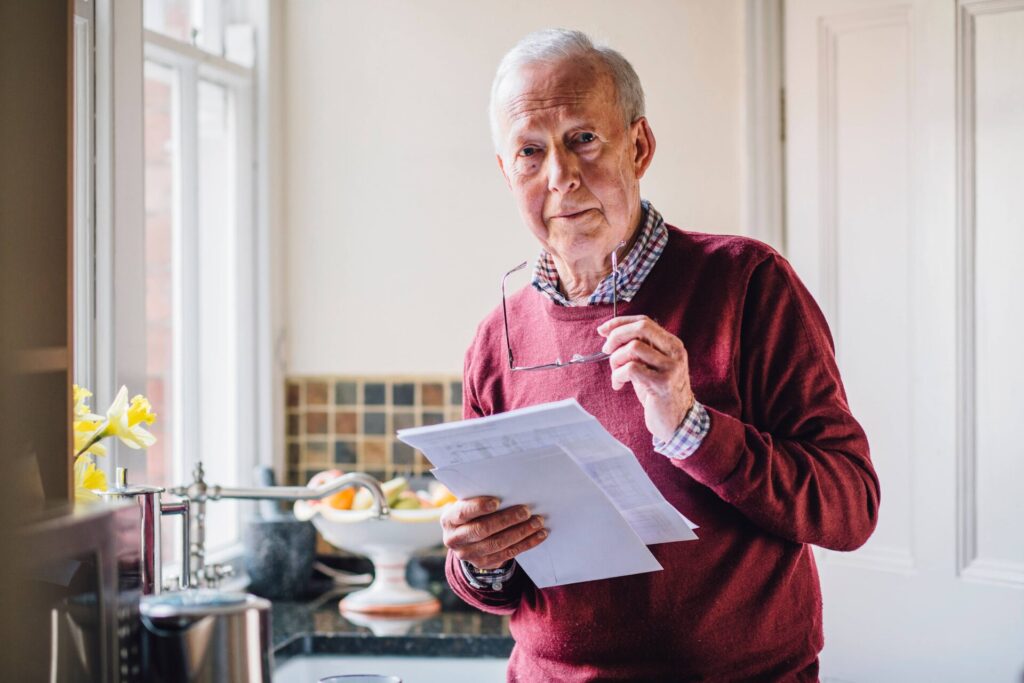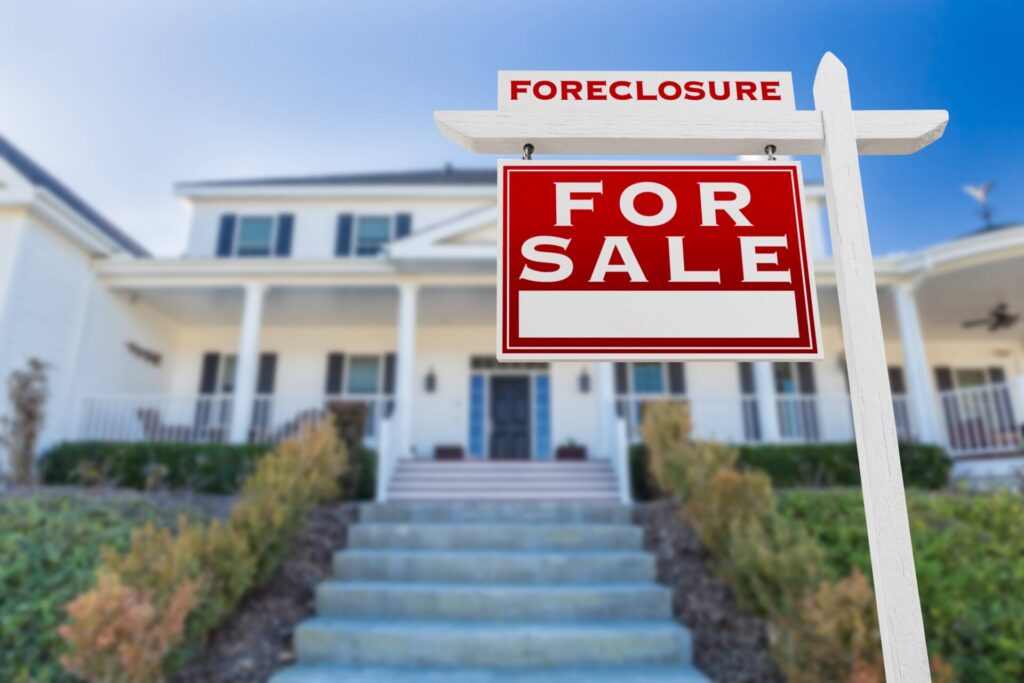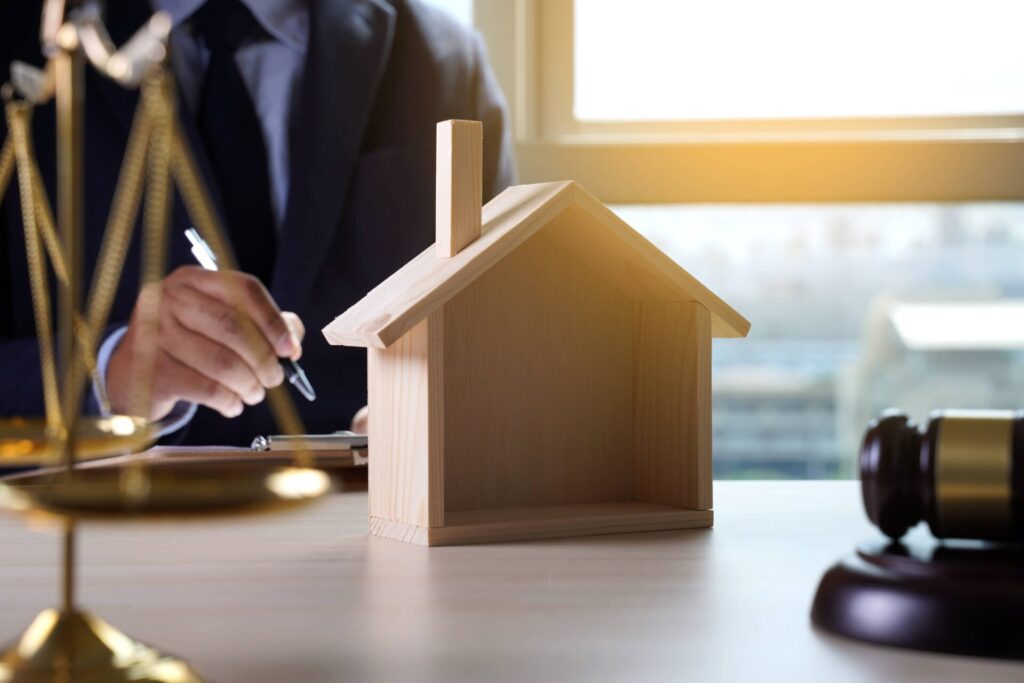Why foreclosure properties are a smart buy for homebuyers
Are you in the market for a new home but don’t want to break the bank? Well, have you considered buying a foreclosed property? We’re going to dive into the world of foreclosures and discuss the benefits of buying a house in foreclosure.
A. Definition of Foreclosure
Foreclosure is a legal process where a lender takes control of a property because the homeowner has failed to make mortgage payments. This process can take several months, and in some cases, the homeowner may be able to work out a solution with the lender to keep the home. However, if the lender is unable to work out a solution with the homeowner, the property will be sold at a public auction.
B. Overview of the Foreclosure Process:
The foreclosure process is a multi-step process that typically starts with the homeowner missing mortgage payments. The lender then begins the process of repossessing the property and selling it to recover the unpaid loan amount. It’s important to note that the exact process varies by state and by the type of loan. But don’t worry, we’ll go over everything in more detail as we move forward.”
Read More: Your Dream Home Awaits: Become a Successful First-Time Home Buyer with This 8-Step Guide
Benefits of buying a house in foreclosure
A. Affordability:
Foreclosed homes are often priced significantly lower than similar homes on the market, making them an affordable option for home buyers. In many cases, the lender is eager to sell the property and will price it competitively to attract buyers. This can result in a great deal for the buyer, as they can often purchase a home for less than its market value.
B. Potential for upgrades:
Because foreclosed homes are often sold “as is”, you may have the opportunity to purchase a property that needs some work and make upgrades to suit your needs and tastes. This can be an excellent opportunity to turn a fixer-upper into your dream home or to add value to the property by making upgrades that increase its market value.
C. Quicker closing process:
Foreclosures are typically sold through a more streamlined and expedited process, so you could potentially close on your new home more quickly than if you were purchasing a home through traditional means. The quicker closing process can be particularly beneficial for home buyers who are eager to move into their new home as soon as possible.
So, if you’re in the market for a new home, consider checking out the foreclosed properties in your area. With the potential for affordability, upgrades, and a quicker closing process, buying a foreclosed home can be a smart move for savvy home buyers. Who knows, you might just find your dream home at a dream price!
Understanding the Foreclosure Process

A. Stages of Foreclosure
- Default:
The first stage of the foreclosure process is when the homeowner falls behind on their mortgage payments, and the lender sends them a notice of default. This notice is a warning that the homeowner is in danger of losing their home if they do not bring their mortgage payments up to date.
- Auction:
If the homeowner is unable to bring their mortgage payments up to date, the lender will hold a public auction to sell the property. At the auction, the highest bidder will become the new owner of the property.
- Redemption Period:
In some states, the homeowner may have a “redemption period” during which they can still save their home by paying the outstanding mortgage balance. This period typically lasts a few months but varies by state.
B. Risks and Challenges of buying a foreclosed house
- Hidden Problems:
Foreclosed homes are often sold “as is”, meaning that the buyer is responsible for any repairs or upgrades that need to be made. Before making an offer on a foreclosed property, it’s critical to have the home inspected to ensure that there are no hidden problems that could cost you money down the road.
- Title Issues:
In some cases, foreclosed properties may have title issues that could make it difficult for the buyer to secure financing or complete the sale. Before making an offer on a foreclosed property, it’s important to do a title search to ensure that there are no outstanding liens or other issues that could impact your ability to complete the sale.
- Competition:
Foreclosed properties are often highly sought after, which means that there may be a lot of competition for the property. In some cases, multiple buyers may be bidding on the same property, which can drive up the price.
Preparing to buy a Foreclosed House
Now that we’ve got a good understanding of the foreclosure process and the potential risks and challenges, it’s time to start preparing to make a bid on a foreclosed home. In this section, we’ll walk you through the steps you need to take to ensure you’re ready to take the plunge.
A. Research the Property
The first step in preparing to buy a foreclosed home is to research the property itself. Here’s what you need to do:
- Get the Property History
Before you make an offer on a foreclosed home, you want to make sure you have a good understanding of its history. This includes researching the property’s past ownership, any renovations or additions, and any liens or other legal issues.
- Check the Market Value
It’s also essential to research the market value of the property. You want to make sure you’re not overpaying, even if the property is in foreclosure. Use online resources such as Zillow or Redfin to get an idea of what similar properties in the area are selling for.
B. Get Financially Prepared
Once you’ve done your research on the property, it’s time to get financially prepared. Here’s what you need to do:
- Get Pre-Approved for a Loan
Before you start bidding on foreclosed homes, it’s a good idea to get pre-approved for a loan. This will give you a clear idea of how much you can afford to spend, and it’ll also show the seller that you’re a serious buyer.
- Determine a Budget
Along with getting pre-approved for a loan, you also want to determine your budget. This includes not only the purchase price but also any additional costs such as repairs, renovations, and closing costs.
Finding Foreclosed Properties

Now that you’re prepared to buy a foreclosed home, it’s time to start your search. There are several places to find foreclosed properties, including online listings, real estate agents, auction sites, and banks and lenders. Let’s take a closer look at each option:
A. Online Listings
- Websites like Zillow, Realtor.com, and Redfin allow you to search for foreclosed properties in your area and get all the information you need to make an informed decision.
- The listings on these websites usually include detailed information about the property, including the address, the number of bedrooms and bathrooms, square footage, and the current owner.
- You can also see photos of the property and get a virtual tour, which can help you get a better idea of what the property looks like and whether it’s right for you.
- One of the best things about online listings is that you can search for properties from the comfort of your own home. Simply enter your search criteria, and the website will show you a list of properties that meet your criteria.
- You can also save your favorite properties and receive notifications when similar properties become available, so you’ll be the first to know about new listings.
B. Real Estate Agents
- Real estate agents who specialize in foreclosures can be a valuable resource for finding the right property at the right price.
- An experienced agent will have a good understanding of the local market and can help you find properties that are not listed online, so you can get a jump on the competition.
- They can also help you navigate the complicated process of buying a foreclosed property, including bidding at an auction, negotiating with the bank or lender, and securing financing.
- Working with an agent can also help you avoid making mistakes that could cost you money or delay the process, so this is an excellent option for those who are new to the process or who want a little extra help.
C. Auction Sites
- If you’re interested in bidding on a foreclosed property, you can find auction listings on websites like Auction.com, Hubzu, and Foreclosure.com.
- These websites provide information about upcoming auctions, as well as the properties that will be sold, so you can get a good idea of what you’re bidding on before you attend the auction.
- You can also place bids online, so you don’t have to attend the auction in person.
- Keep in mind that the bidding process can be competitive, and properties can sell for more than market value, so it’s essential to set a budget and stick to it.
D. Banks and Lenders
- Banks and lenders that own foreclosed properties often have listings of their properties on their websites, so be sure to check there for listings in your area.
- You can also visit your local bank branches and ask about their foreclosed properties or contact lenders directly to ask about the buying process and any additional information you need to know.
- Working directly with the bank or lender can be a good option for those who want to avoid bidding at an auction and want to secure financing through the lender.
- However, keep in mind that the bank or lender may be more flexible with the price, so you may not get the best deal possible.
Bidding on a Foreclosed House
It’s time to get serious about bidding on that foreclosed home you’ve had your eye on! Here’s how to navigate the auction process like a pro:
A. Understanding the Auction Process
Before you place your bid, it’s crucial to understand the auction process. Do your research on the auction house and the specific auction you’ll be attending. This will help you understand the rules, regulations, and procedures for bidding. It’s also essential to know the starting bid, bidding increments, and the terms and conditions of the auction. Having this information beforehand will help you feel more confident and prepared when it comes time to place your bid.
B. Making a Bid
Now that you understand the auction process, it’s time to place your bid! When the auction starts, you’ll have the opportunity to make your bid. Some auctions require you to raise your hand or nod your head to indicate that you’re bidding, while others may have electronic bidding systems. No matter how the bidding is done, make sure you’re confident in your bid before you place it. Remember, once your bid is placed, it cannot be withdrawn.
C. Winning the Bid
Congratulations, you’ve won the bid on the foreclosed home. You’ll need to sign a contract and make a down payment to secure the property. After that, the closing process will begin, and before you know it, you’ll be moving into your new home.
Bidding on a foreclosed home can seem intimidating, but with a bit of preparation and a confident attitude, you can secure the property of your dreams. Good luck, and happy bidding!
Closing the Deal

Now you’ve won the bid, and the process is almost complete! Now it’s time to finalize the purchase and make the house your own. Here’s what you need to know:
A. Inspecting the Property
Before you finalize the purchase, it’s essential to inspect the property thoroughly. You’ll want to look for any potential issues that may need to be addressed, such as structural damage, electrical problems, or plumbing issues. It’s always a good idea to hire a professional inspector to give you a full report on the property’s condition. This will give you a clear understanding of what needs to be fixed and how much it may cost. Make sure to do the inspection as soon as possible, as you may have limited time to negotiate any necessary repairs with the seller.
B. Negotiating Repairs
Based on the inspection report, you may want to negotiate repairs with the seller. If the property needs significant repairs, you can ask the seller to cover the costs or reduce the purchase price. If you’re confident in your handyman skills, you may even choose to make the repairs yourself. It’s important to have a clear understanding of what needs to be fixed and how it will be paid for before finalizing the purchase. In some cases, you may have the option to back out of the deal if the repairs are too costly or significant.
C. Finalizing the Purchase
Finally, it’s time to finalize the purchase! You’ll need to sign the closing documents and pay any remaining costs, such as closing fees, real estate taxes, or any outstanding liens on the property. Make sure to review all the documents carefully and understand all the terms before signing. Once everything is complete, you’ll receive the keys to your new home and can start turning it into the cozy and stylish haven you’ve always dreamed of. Congratulations, you’re now a homeowner! Just remember, owning a home is a big responsibility, so make sure to budget for regular maintenance and repairs.
Becoming a Homeowner through Foreclosure
Wow, what a journey we’ve been on! We’ve covered a lot of ground in our quest to understand how to buy a house that is in foreclosure. Let’s take a moment to reflect on everything we’ve learned:
A. Key Takeaways
When buying a foreclosed house, it’s essential to:
1-Research the property thoroughly to understand its history and market value.
2- Get pre-approved for a loan and determine a budget to stay financially prepared.
3-Inspect the property thoroughly and negotiate any necessary repairs.
4-Review all closing documents carefully before signing.
B. Final Thoughts
Buying a foreclosed house can be a great way to save money and find a unique property, but it also comes with risks and challenges. It’s essential to do your research, be prepared, and understand the process thoroughly before making an offer. With these tips in mind, you’ll be well on your way to finding the perfect foreclosed house and turning it into your dream home.
Don’t be intimidated by the process. Just remember to take things one step at a time, stay organized, and never hesitate to ask for help if you need it. The proper support and guidance can make all the difference when buying a foreclosed house. Good luck and happy house hunting!
Frequently Asked Questions (FAQs)
A foreclosed property is a property that has been repossessed by a lender or bank because the homeowner has defaulted on their mortgage payments. The lender or bank will then sell the property to recover the amount owed on the mortgage.
Buying a foreclosed property can be an excellent opportunity to get a good deal on a home. Foreclosed properties are often sold at a lower price than comparable homes in the same area, so you may be able to save money on the purchase price. Additionally, because the lender or bank is eager to sell the property, you may be able to negotiate additional concessions, such as closing cost assistance or home repairs.
Buying a foreclosed property comes with some risks, including the possibility that the property may have hidden defects or require costly repairs. Additionally, you may have limited access to the property before you buy it, so it can be difficult to get a good sense of what you’re buying. Finally, there may be competition from other buyers, which can drive up the price of the property.
There are several ways to find foreclosed properties in your area, including online listings, real estate agents, auction sites, and banks and lenders. Be sure to research your options and choose the one that’s right for you.
Before buying a foreclosed property, it’s important to understand the stages of the foreclosure process and what to expect. You should also be aware of the risks and challenges involved, including the possibility that the property may have hidden defects or require costly repairs.
The amount of money you need to buy a foreclosed property will depend on several factors, including the purchase price, closing costs, and any repairs that may be needed. You may also need to have a down payment and secure financing, so be sure to budget accordingly.
To get the best deal possible on a foreclosed property, it’s essential to do your research, compare prices in your area, and consider the condition of the property and any repairs that may be needed. You may also want to work with a real estate agent who specializes in foreclosures, as they can help you navigate the buying process and negotiate on your behalf.
